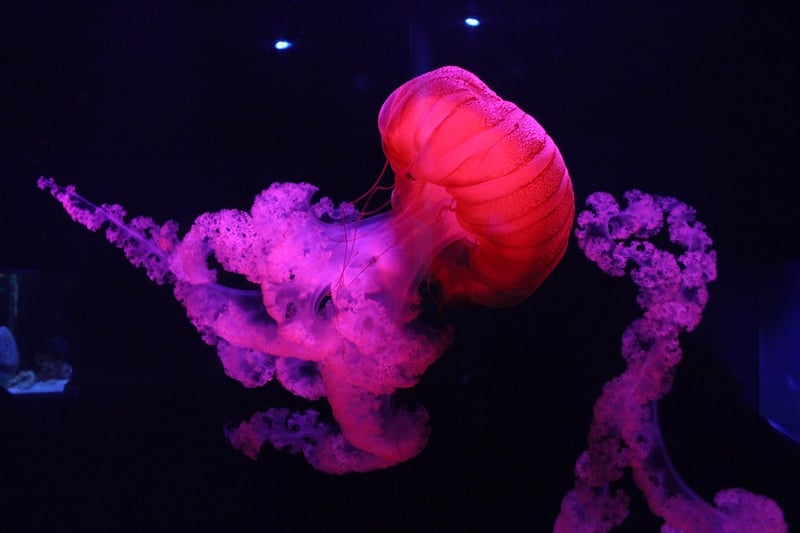Microbial Life
The Search for Life Beyond Earth: Exploring the Possibility of Microbial Life
Humanity has long gazed at the stars, wondering if we are alone in the universe. The search for extraterrestrial life has captivated scientists, astronomers, and the general public alike. While the existence of intelligent alien civilizations remains a topic of speculation, the discovery of microbial life beyond Earth is a more tangible possibility.
Microbial Life: The Building Blocks of Existence
Microbes, single-celled organisms such as bacteria and archaea, are some of the hardiest forms of life known to science. They can survive in extreme environments like deep-sea hydrothermal vents, acidic hot springs, and even the vacuum of space. Because of their resilience, scientists believe that if life exists elsewhere in our solar system or beyond, it is most likely to be microbial in nature.
Where Could We Find Microbial Life?
Several celestial bodies in our solar system have shown potential for harboring microbial life:
- Mars: The red planet has long been a target for astrobiologists. Evidence of liquid water in the past and the presence of methane in its atmosphere have fueled speculation about the possibility of microbial life on Mars.
- Europa: One of Jupiter's moons, Europa, is believed to have a subsurface ocean beneath its icy crust. This ocean could provide a habitat for microbial organisms similar to those found near deep-sea hydrothermal vents on Earth.
- Enceladus: Saturn's moon, Enceladus, has geysers that spew water vapor, indicating the presence of a subsurface ocean. Samples collected from these geysers by spacecraft have revealed organic compounds, raising hopes for finding microbial life.
- Titan: Another moon of Saturn, Titan, has a dense atmosphere and lakes of liquid methane and ethane on its surface. While not conducive to Earth-like life, some scientists speculate that exotic forms of microbial life could exist in Titan's hydrocarbon seas.
The Search Continues
Space agencies like NASA and ESA are actively pursuing missions to explore these promising locations in our solar system. Robotic landers, rovers, and future missions like the Europa Clipper and the Dragonfly mission to Titan aim to uncover evidence of microbial life beyond Earth.
While the discovery of microbial life elsewhere in the universe would be groundbreaking, it would also raise new questions about the nature of life, its origins, and our place in the cosmos. The search for life beyond Earth continues to inspire scientists and dreamers alike, driving humanity to explore the vast unknown realms of space.

Image Source: Pixabay
